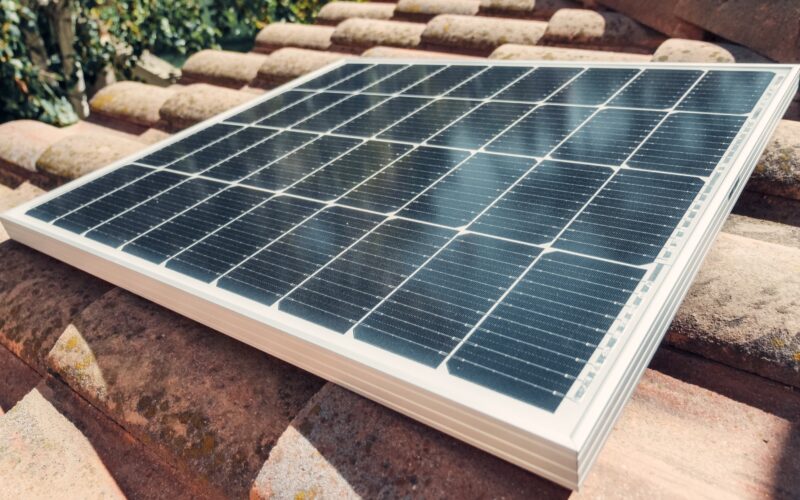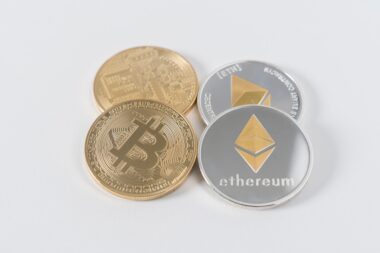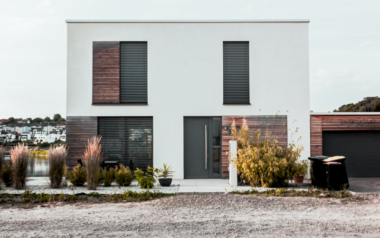With fossil fuels becoming public environment enemy number one and a sharp increase in energy costs in 2022, it’s unsurprising that people are turning to alternative sources to keep them warm at night. Enter solar energy. If we captured the amount of sunlight hitting the earth every hour and a half, we’d have enough energy to power the world for an entire year. Suffice to say, the sun’s energy is pretty powerful, and, for at least the next 5 billion years, renewable. According to the World Bank, nearly every country in the world has the right conditions to generate all the solar powered electricity it needs, and more. But what does this mean for the individual household? How much does it cost and are solar panels a good investment for you?
How Much Do Solar Panels Cost?
On average, solar panels can cost between $5,000 – $40,000. Which compared to your monthly energy bill, can seem like a lot. And it is a lot. The cost varies depending on how big your system is and how many panels you want to install. There’s also additional equipment needed like an inverter, metering and maybe even battery storage. And that’s just the upfront costs. A solar energy system also needs regular maintenance, cleaning and occasionally, replacement of parts.
How Much Can You Save?
How much money you can save depends on how much energy your solar panels can produce, so it’s different for everyone. Figuring out your potential energy production requires you to know how much sun you get, how your house is oriented and how big your system is. In general idealistic terms, you want to live closer to the equator, have a south-facing roof (assuming you’re putting your panels on your roof) and have a large enough system to output enough energy to power your home.
These calculations can be a little bit tricky and you also need to account for the capacity factor which runs at about 15%-30%. So for example, a 3 kWh system running at a 15% capacity factor would produce 3 kWh x 15% x 24 hours per day x 365 days per year = 3,942 kWh/year. Or about one-third of the electricity consumption of an average U.S. household.
Are Solar Panels Good For The Environment?
Although solar panels aren’t perfect, they still require energy-intensive processes to produce, they’re not a bad option by any means. Using solar energy means using less fossil fuel energy, which helps to reduce greenhouse gas emissions and the effects of global warming. Solar power doesn’t create any air pollution or greenhouse gasses while operating either. One of the main environmental concerns is from ground mounted solar panels and their potential impact to surrounding wildlife. Although, this is more of a concern for larger scale installations rather than a residential solar panel. For the most part, installing solar panels at home is a pretty green energy option.
How To Calculate How Much You Can Save
So for example, (12000 + 8000 + 15000) – (150 x 12 x 25) = $10,000 or $400 per year.
Or if you install them yourself, (12000 + 0 + 15000) – (150 x 12 x 25) = $18000 or $720 per year.
How To Calculate Your Breakeven Time
(Upfront Costs + Maintenance) / (Annual Cost of Electricity)
For example, (12000 + 15000) / (1800) = 15 years
Keep in mind the above calculations don’t take into consideration any tax credits, which in some areas can be as high as 30% lowering your costs even more.
Are Solar Panels Worth It?
Solar energy is a better option for some more than others. If you’re looking to reduce or replace your current energy source with renewable energy, it can be a good one to look at. If you’re looking to save money by using solar, it might take some longer than others, and it’s definitely a capital intensive project to start.
Sustayn is designed to present the most useful recommendations for environmentally friendly approaches and items. We update links when possible, but note that links can be broken and subject to change.








